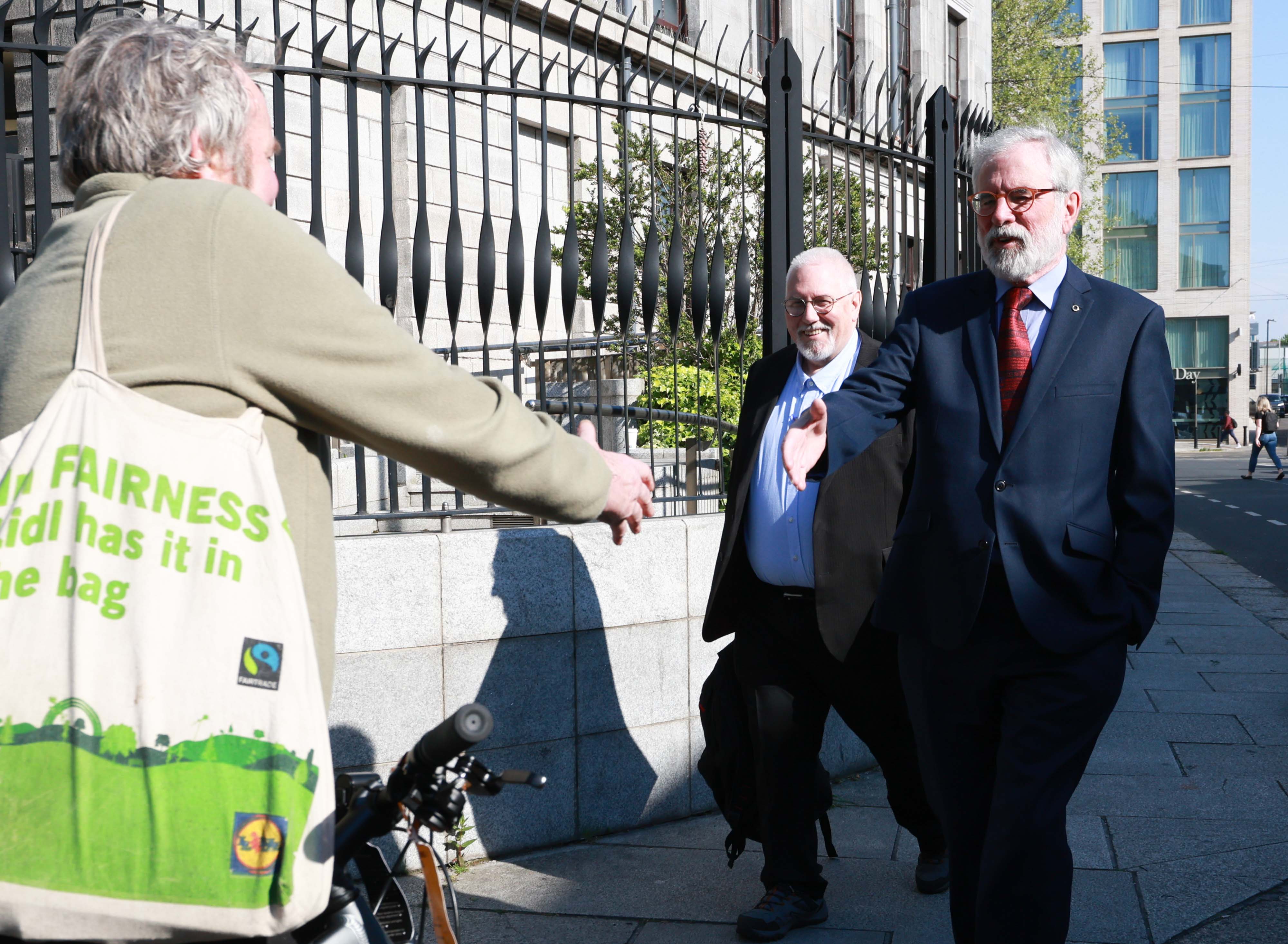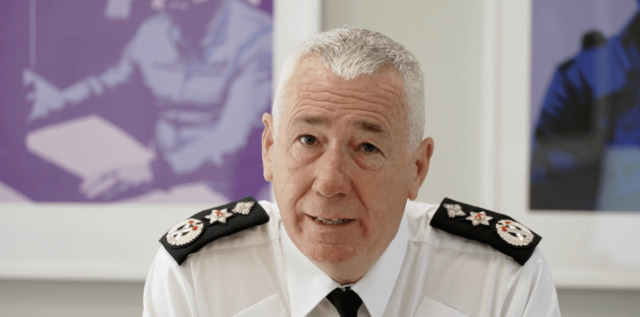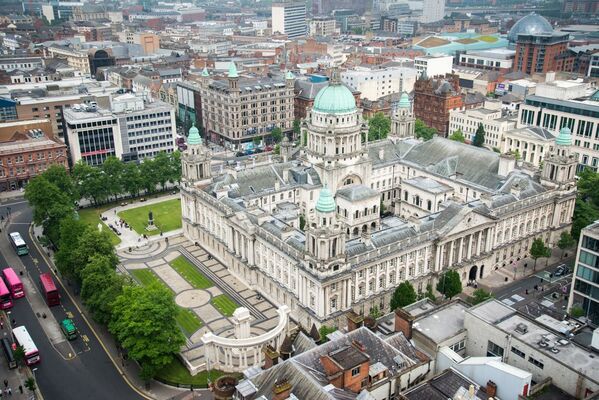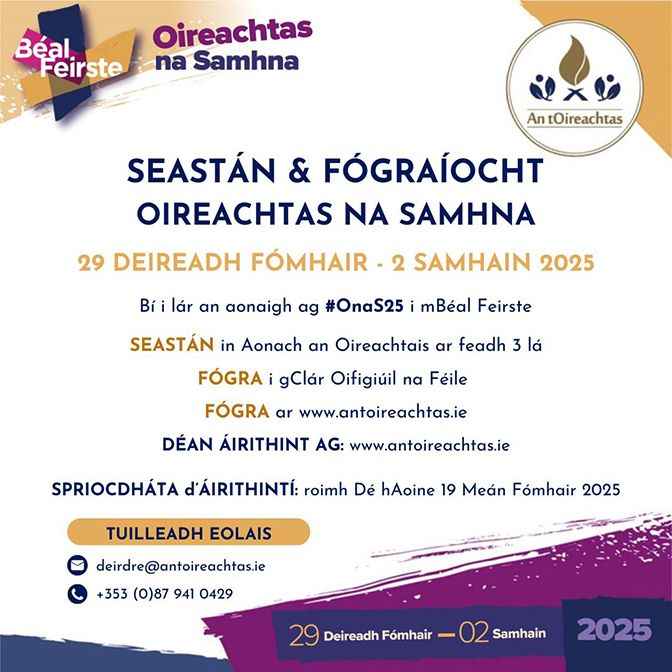CHAOS reigns at the BBC as the success of Gerry Adams’ libel case continues to shake the corporation’s local HQ at Ormeau Avenue.
The immensity of the judgment is clearly taking its toll as the first practical response by the BBC was to... do nothing. It attempted on Tuesday to block an order for payment of the immense joint costs of Mr Adams’ damages and his and the BBC’s legal expenses to be paid. The corporation was partially successful. Across all its platforms and programmes the BBC has been churning out an avalanche of ‘if only’ self-pity and navel-gazing, all evincing a total failure to understand contemporary social and political realities on the island of Ireland.
In the trial it argued that it wasn’t accusing Gerry Adams of anything – merely reporting on an allegation. That Jesuitical distinction was clearly completely lost on the jury. And it attempted to muddy the waters so that the case was not merely an interrogation of a single incident but a rerun of a long-gone past; and it did so via a roster of witnesses whose testimony a young jury resoundingly rejected.
Given that the case is believed to be the biggest libel trial ever on the island of Ireland and given the eye-watering amount of money that the corporation is due to fork out, one might have thought that a speedy decision to appeal would have been a given. After all, BBNI director Adam Smyth said minutes after the conclusion of the trial that it had been important for the BBC to come to court to “defend” its journalism and that the BBC “stand by that decision”. And he again endorsed what he described as the BBC’s “careful editorial process and journalistic diligence” in respect of the Spotlight programme and the accompanying online article. Given that unequivocal endorsement of the journalism at the heart of its lost case, one would think that an appeal would have been lodged before the BBCNI team had got the Enterprise back to Belfast.
But here the BBC is, floundering in a sea of rage and incomprehension, unable to make the decision to appeal that its inspirational defence of its journalism surely demands. The truth is, however, that it’s one thing for the BBC to maintain its journalism was top-drawer despite a jury flamboyantly filing it somewhere else; it’s entirely another thing to stand that claim up. Again. A unanimous jury decision made in an extremely short time is a powerful statement that the BBC will struggle to be heard over in any appeal. It’s likely that any BBC appeal will centre on the jury direction of Judge Alexander Owen – and on the presentation and order of the five questions which the jury was invited to answer. Persuading a Dublin appeal court to overturn a unanimous jury decision by going against one of the South’s most senior and experienced legal figures is one hell of an ask and another failure would almost certainly turn already devastating consequences for senior BBC figures into terminal ones.
It’s a compelling dilemma – almost as compelling as the five-week legal drama that gripped the island of Ireland.
Maybe there’s a Spotlight special in it.






